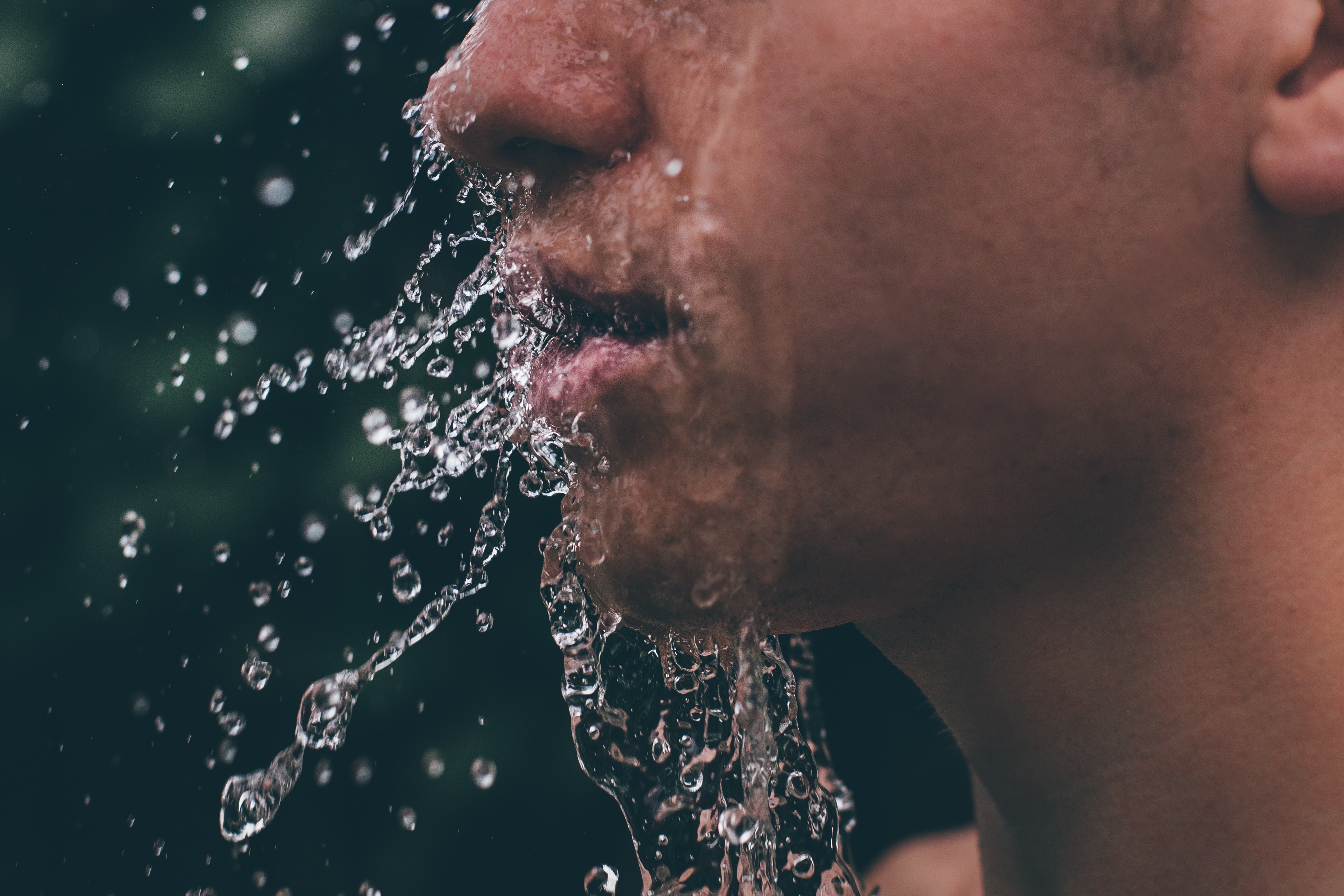The statute of limitations for a personal injury lawsuit of this type is two years from the moment the act is signed into law.
The hour of justice has finally come for the many thousands of victims of the decades-long water contamination problem at the Marine Corps Base at Camp Lejeune in North Carolina. On August 11, President Biden signed into law the Camp Lejeune Justice Act of 2022.
The long-awaited law will allow military veterans, civilian employees, and their families to seek damages for the health issues they had to deal with after being exposed to the poisons in the tap water at Camp Lejeune. The act covers a period of 34 years, between August 1, 1953, and December 31, 1987.
Anyone who can prove they were present at Camp Lejeune for at least 30 days during that period is entitled to seek compensation for whatever injuries they have suffered as a result of exposure to contaminated water. Keep in mind that the 30 days don’t have to be consecutive. If the time spent there over the years adds up to 30 days a person is allowed to file a lawsuit.
How many potential victims are there?
The number of potential victims is hard to determine for the time being. Estimates say more than 1 million people passed through Camp Lejeune during the time covered by the Justice Act.
How many of them fell ill afterward? The number could be as high as 500,000 people. Some of them died long ago, but that doesn’t mean they won’t get justice. The new law allows their families to file a claim on their behalf.
Even those who were exposed to the contaminated water while in the womb can seek compensation for their health issues if their mothers spent at least 30 days at the Marine Corps base.
The pollutants found in the water tanks at Camp Lejeune have been shown to cause a multitude of serious illnesses, including cancer, kidney or liver disease, cardiac problems, infertility, miscarriages, and birth defects.
What sort of damages can you recover under the Camp Lejeune Justice Act?
Over the years, some of the servicemen injured by exposure to the contaminated water at Camp Lejeune were able to recover some benefits through the Department for Veterans Affairs. Others were prevented from filing a claim under the old North Carolina law which imposed a 10-year statute of limitations.

There is no statute of limitations under the Camp Lejeune Justice Act and anyone who was ever exposed to the contaminated water there can seek damages. The wives and children of the servicemen can file claims and so can the civilian employees whose plight has so far been ignored.
Economic damages
All those injured by the contaminated water can seek economic damages to cover their medical expenses. According to the law, the monetary awards will be offset by the amount of any disability award, payment, or benefit received by the claimant from any program administered by the Secretary of Veterans Affairs, the Medicare program, or the Medicaid program in connection with health issues caused by exposure to the contaminated water at Camp Lejeune.
Non-economic damages
Unlike previous legislation, the new law allows victims to seek non-economic damages as well. This type of monetary award is meant to compensate them for their pain and suffering, both mental and physical. To understand how much your claim is worth, it’s best to talk to experienced personal injury attorneys right away.
Unfortunately, the law doesn’t allow punitive damages. It is true that some in the military knew there was a serious problem with the water supply at Camp Lejeune and did nothing about it, but you won’t be able to claim punitive damages from the US government.
How much time do I have to file a lawsuit?
The statute of limitations for a personal injury lawsuit of this type is two years from the moment the act is signed into law. That means you have until August 11, 2024, to file your claim. However, you should talk to a lawyer as soon as possible as they’ll need time to examine your case and gather medical records showing that the health problems you experienced are related to the exposure to the contaminated water at Camp Lejeune.


Join the conversation!